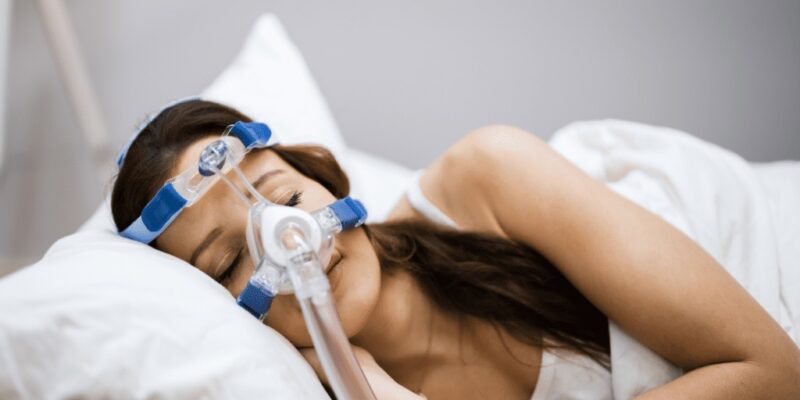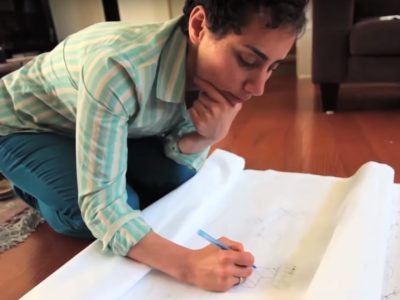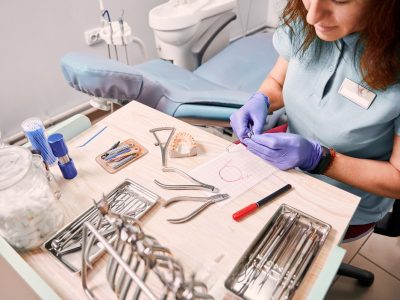
Do you snore a lot while sleeping? Do you wake up frequently at night gasping to breathe? Are you always tired and lethargic the next day? This could indicate an underlying cause! You may be suffering from a medical condition known as sleep apnea.
The family dentist in Monterey Park, CA, and their team are dedicated to helping you sail through sleep apnea most easily by providing effective treatment options. This helps enhance the quality of your sleep and overall well-being.
What is sleep apnea?
The word “apnea” means breathless, and sleep apnea is a clinical condition characterized by disturbed sleep during the night due to cessation of normal breathing. Sleep apnea is a chronic medical condition that results in a lack of oxygen, which, in turn, activates a survival reflex in your body that wakes you up from sleep. This can help you resume breathing but can greatly interrupt your normal sleep cycle. Over a while, untreated sleep apnea can have other debilitating consequences like increased strain on your heart.
Types
- Obstructive sleep apnea (OSA)
- Central sleep apnea
- Complex sleep apnea
Causes
Depending on the type, sleep apnea can be caused by the following:
- Obstructive sleep apnea
- Airway obstruction due to relaxation of the muscles of the head and neck while you are asleep.
- Central sleep apnea
- Heart failure
- Hypoxia (low blood oxygen levels)
- Nervous system damage
- Complex sleep apnea
- Due to a combination of any of the causes of obstructive and central sleep apnea.
Clinical symptoms
Sleep apnea can be characterized by any of the following signs and symptoms:
- Snoring while sleeping
- Waking up frequently at night due to breathing problems
- Fatigue on waking up
- Daytime sleepiness
- Headaches, especially when waking up
- Irritability
- Trouble concentrating
- Memory loss
- Unusual breathing pattern
- Insomnia
- Night sweats and heartburn
- Sexual dysfunction
- Loss of libido
- Anxiety
Treatment
Based on the type and severity of the symptoms, possible treatment options include:
Non-surgical approach: For mild cases
- Conservative treatment
- Weight loss
- Changing sleep positions
- Nasal sprays
- Medications
- Positive airway pressure (PAP) and adaptive ventilation
- Oral appliances
- Nerve stimulators
Surgical approach: For severe cases
- Somnoplasty
- Nasal surgery
- tonsillectomy/ adenoidectomy
- Uvulopalatopharyngoplasty (UPPP)
- Jaw surgery
Bottom line
Sleep apnea is a widespread condition that disrupts your breathing while asleep. If left untreated, it can lead to serious complications like high blood pressure (hypertension), heart failure, stroke, diabetes, and behavioral disorders. Thus, early diagnosis and treatment are crucial.










